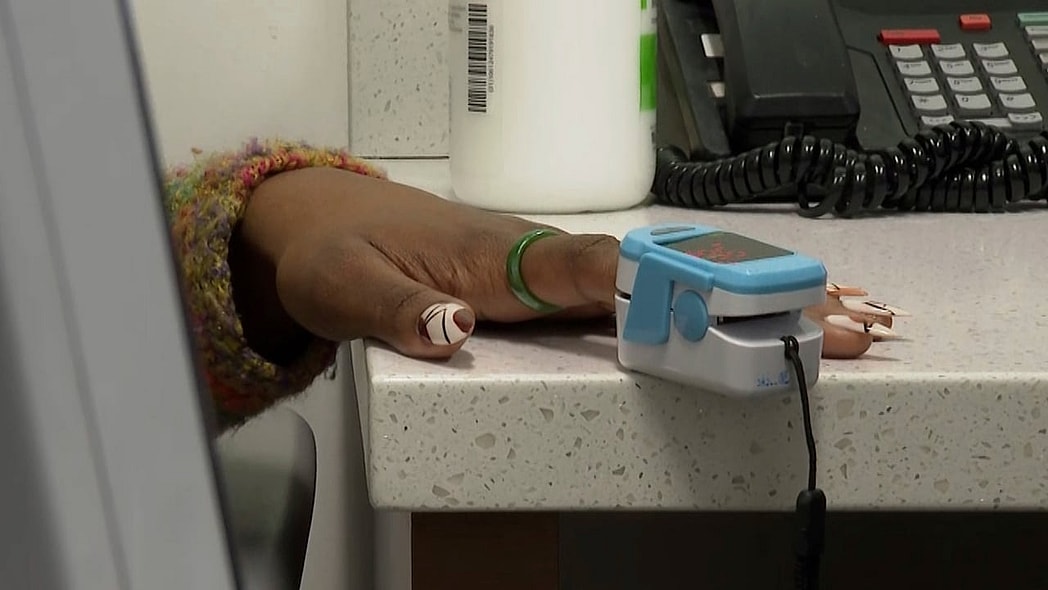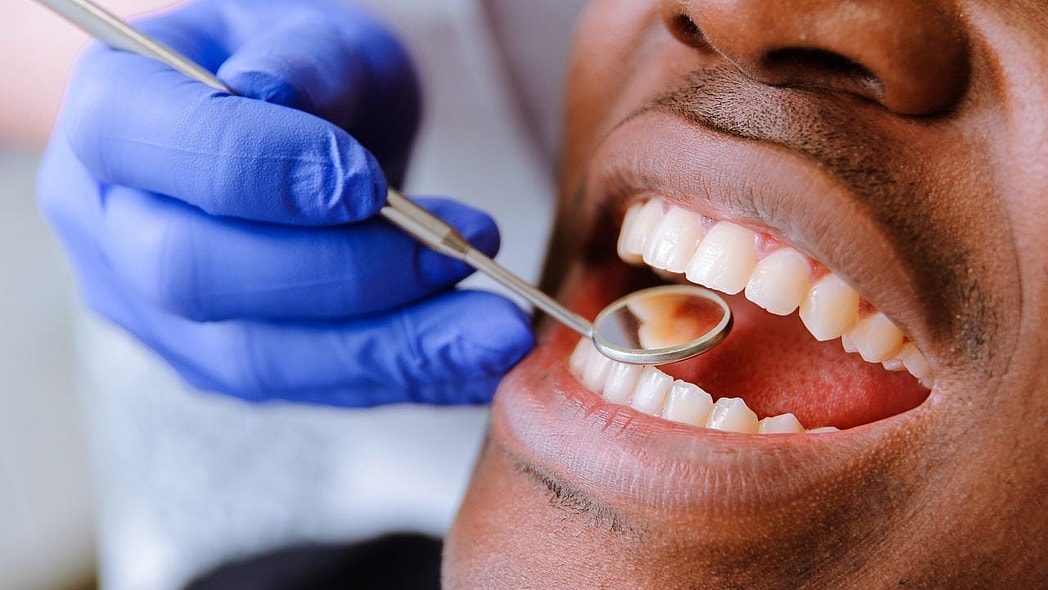A little over a decade ago, Alfred Samuels had a bustling career as a bodyguard to Hollywood A-listers, including Beyoncé, until a prostate cancer diagnosis at the age of 54 brought it all to a sudden stop.
Samuels told The Guardian that doctors ruled out surgery for the husband and father of six when tests showed his cancer had spread.
He eventually joined a clinical trial and began treatment with a drug that is now saving the lives of thousands of men worldwide. Now 66, Samuels is spreading awareness for cancer research and speaking out as a surge in cases is expected in coming years.
Currently, one in six Black men will be diagnosed with prostate cancer in their lifetime, a rate 1.7 times higher than white men. Black men are also 2.1 times more likely to die from the disease. According to a new study published by Lancet, these figures are projected to double by 2040, as prostate cancer cases are rising worldwide and the population continues to live longer.
“This report has been a long time coming,” Samuels told the publication.
The report found diagnoses across the board are expected to increase from 1.4 million a year (in 2020) to 2.9 million by 2040, breaking down to roughly 330 men learning they have the disease every hour.
Deaths from the disease worldwide are predicted to rise by 85% over the same period, from 375,000 (as of 2020) to nearly 700,000. However, experts expect the real death toll to be higher, especially in low- and middle-income countries and communities.
“As more and more men around the world live to middle and old age, there will be an inevitable rise in the number of prostate cancer cases,” Professor Nick James, lead author of the study, told the Guardian. “We know this surge in cases is coming, so we need to start planning and take action now.”
The study’s authors agree that increasing public knowledge of symptoms and risk factors will help in some cases. Symptoms to look out for could include urinating more frequently, especially at night, and experiencing difficulty doing so. Other warning signs include needing to rush to the bathroom, feeling as if your bladder has not emptied fully, and finding blood in your urine or semen.
Given these symptoms could be linked to a variety of causes, it’s important to seek medical attention right away. It’s also crucial to know your family history of the disease.
Recommended Stories
So far, what has been deduced by experts is that Black men remain at the highest risk for prostate cancer, due to genetics and family history. Signs that prostate cancer may have spread include testicle, back or bone pain, a loss of appetite, and unintentional weight loss.
Considering that major risk factors for the disease are “unavoidable” — including being male, 50 or older, and having a family history of the disease, lifestyle changes and public health interventions alone may not help prevent it. Rather, James said, evidence-based interventions, like improved early detection and education programs, “will help to save lives and prevent ill health from prostate cancer in the years to come.”
Samuels explained he wouldn’t have survived had he not been given access to a clinical trial because of the late stage of his cancer when detected.
“It was my lifeline,” he said of the trial.
Samuels continued, “Now it needs to be mandatory to record ethnicity in clinical trials, and trials must reflect the ethnic diversity of the population so that we can find better treatments for people like me.”
Never miss a beat: Get our daily stories straight to your inbox with theGrio’s newsletter.










